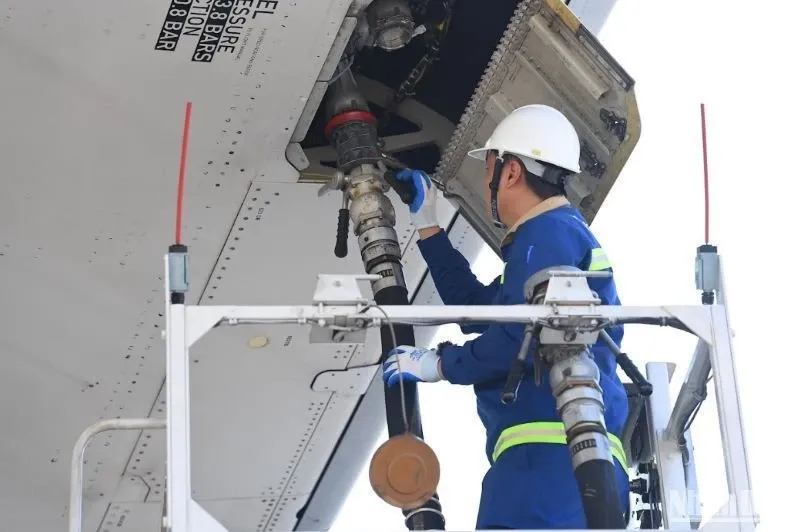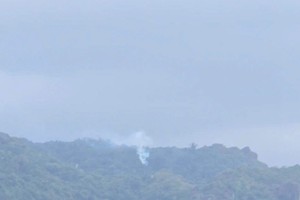
SAF is made from sustainably sourced renewable waste and residues such as used cooking oil and animal fat waste. It is a proven solution reducing greenhouse gas emissions by up to 80 percent over the fuel’s life cycle, compared to using fossil jet fuel.
Its ability to meet all of the strict safety standards for commercial aviation use and significantly curbing emissions makes it a compelling alternative to traditional fossil fuels.
Senior Vice President Commercial, Renewable Products at Neste Carrie Song said SAF plays an important role in helping the aviation sector realize its ambitious climate targets.
A leading SAF producer in the world, Neste commits to supporting its customers like Vietnam Airlines to reduce carbon footprints, and hopes to expand cooperation with the airline, she stressed.
Meanwhile, Vietnam Airlines Vice President Nguyen Chien Thang expressed his belief that the use of SAF will create a more sustainable future for the aviation sector, and offer passengers both quality and environmental-friendly service, adding the national carrier is working with other SAF suppliers to fulfill its net-zero emissions targets and fight climate change.
Over the past time, the airline has carried out various measures to cut carbon dioxide emissions such as using new-generation aircraft, optimising its flight network, and keeping close tabs on fuel consumption and emissions.
Thanks to the efforts, it was able to slash nearly 70,000 tons of carbon dioxide in 2023, or 50 percent higher than the previous year.
























